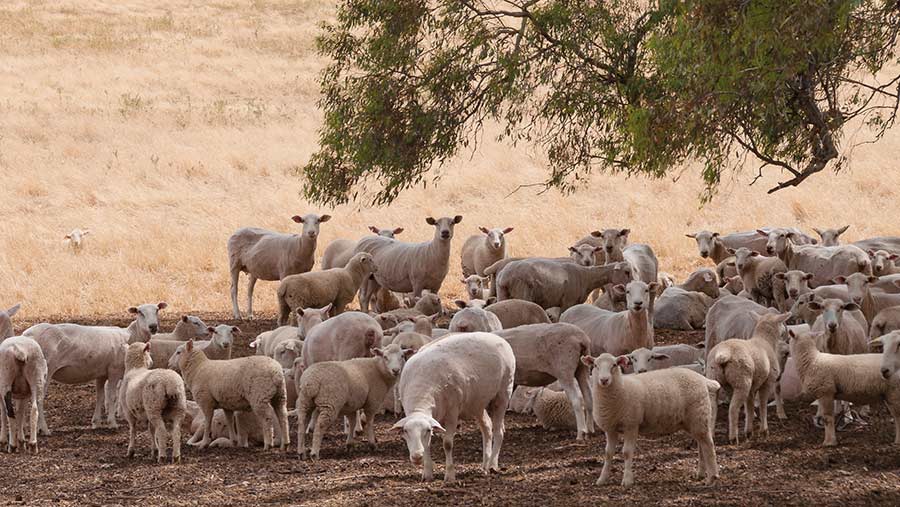Details of UK-Australia free-trade deal for farming emerge
 © Adobe Stock/Olga K
© Adobe Stock/Olga K Details of the broad trade agreement between UK prime minister Boris Johnson and his Australian counterpart Scott Morrison have been slow to emerge, with very little shared by the UK government, other than reassurances that it “will benefit British farmers”.
A statement from the Department for International Trade said British farmers would be protected by “a cap on tariff-free imports for 15 years”, while it spoke of “unheralded opportunities” for exporters. It also published a list of 10 key benefits for the UK from the deal, which included “lower prices and more choice for British shoppers”.
See also: UK signs Australia free trade deal despite farmer concerns
But Australian government websites have been more forthcoming with some of the detail. A statement from trade minister Dan Tehan promised that Australian farmers “will receive a significant boost by getting greater access to the UK market”.
In particular:
- Australian wine and milled rice to have zero tariffs when the agreement enters into force
- Beef tariffs eliminated after 10 years, but with an immediate duty-free quota of 35,000t, rising in equal instalments to 110,000t
- In the next five years, a further volume threshold to apply, rising to 170,000t, with a 20% tariff applied to anything above this
- Sheep meat tariffs to be eliminated after 10 years, but with an immediate duty-free quota of 25,000t, rising in equal instalments to 75,000t
- In the next five years, a further volume threshold to apply, rising to 125,000t, with a 20% tariff applied to anything above this
- Sugar tariffs to be eliminated over eight years, but with an immediate duty-free quota of 80,000t, rising by 20,000t each year
- Dairy tariffs to be eliminated over five years, but with an immediate duty-free quota for cheese of 24,000t, rising to 48,000t in year five.
Vicki Hird of UK food and farming alliance Sustain described the deals as “a massive own goal for the UK government”.
“British farmers face being put out of business by low-standard, low-welfare produce from Australia, and if they drop their own standards to compete they’ll lose their access to the EU market, which takes 60% of British produce. It’s a bitter pill for British farmers to swallow.”
NFU chief livestock adviser John Royle said on Twitter that it was “not good news for UK beef and lamb producers”. In 10 years’ time, Australia would have access to 90% of the UK’s lamb import requirements, while 35,000t of beef in year one was equivalent to 10% of UK imports.
